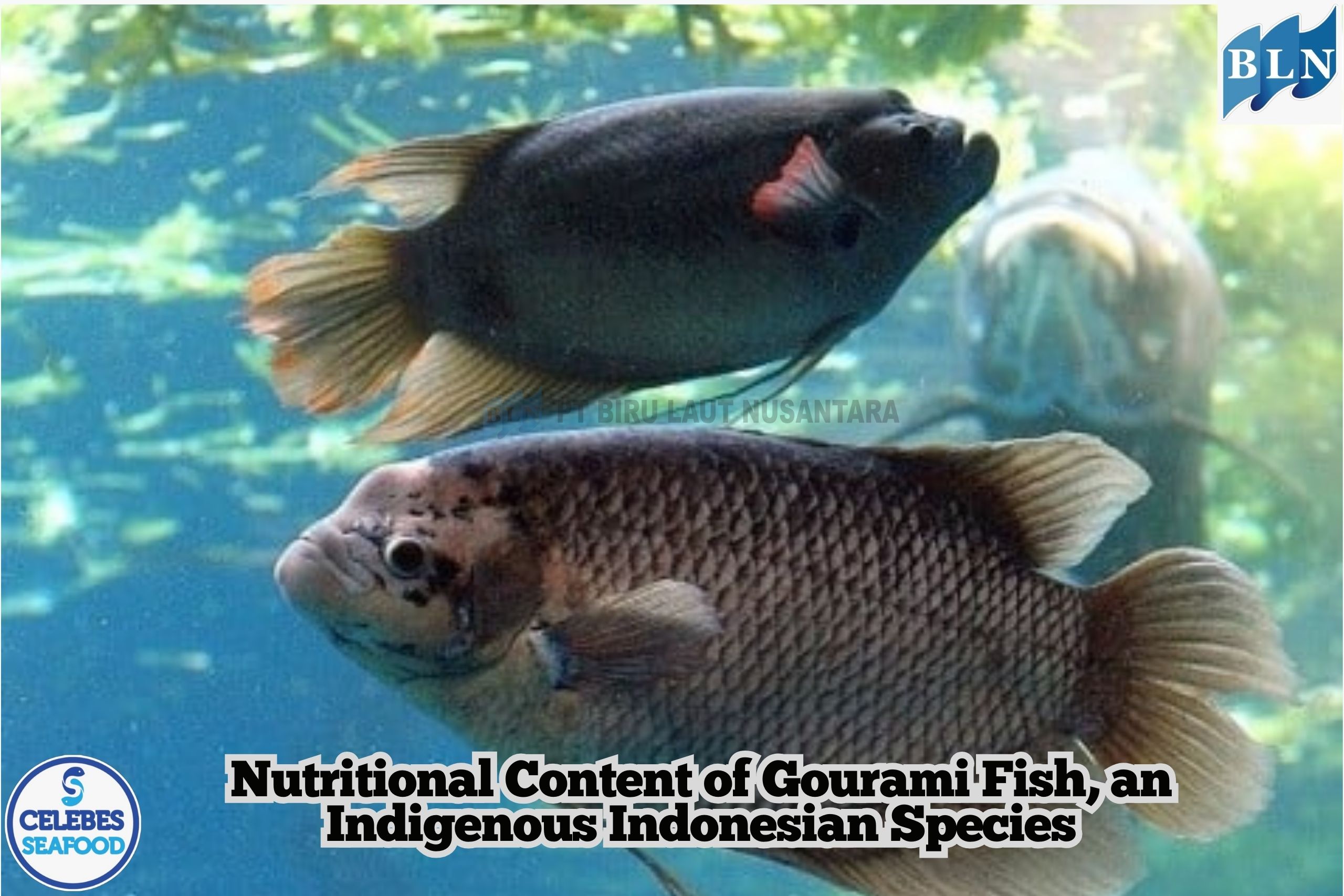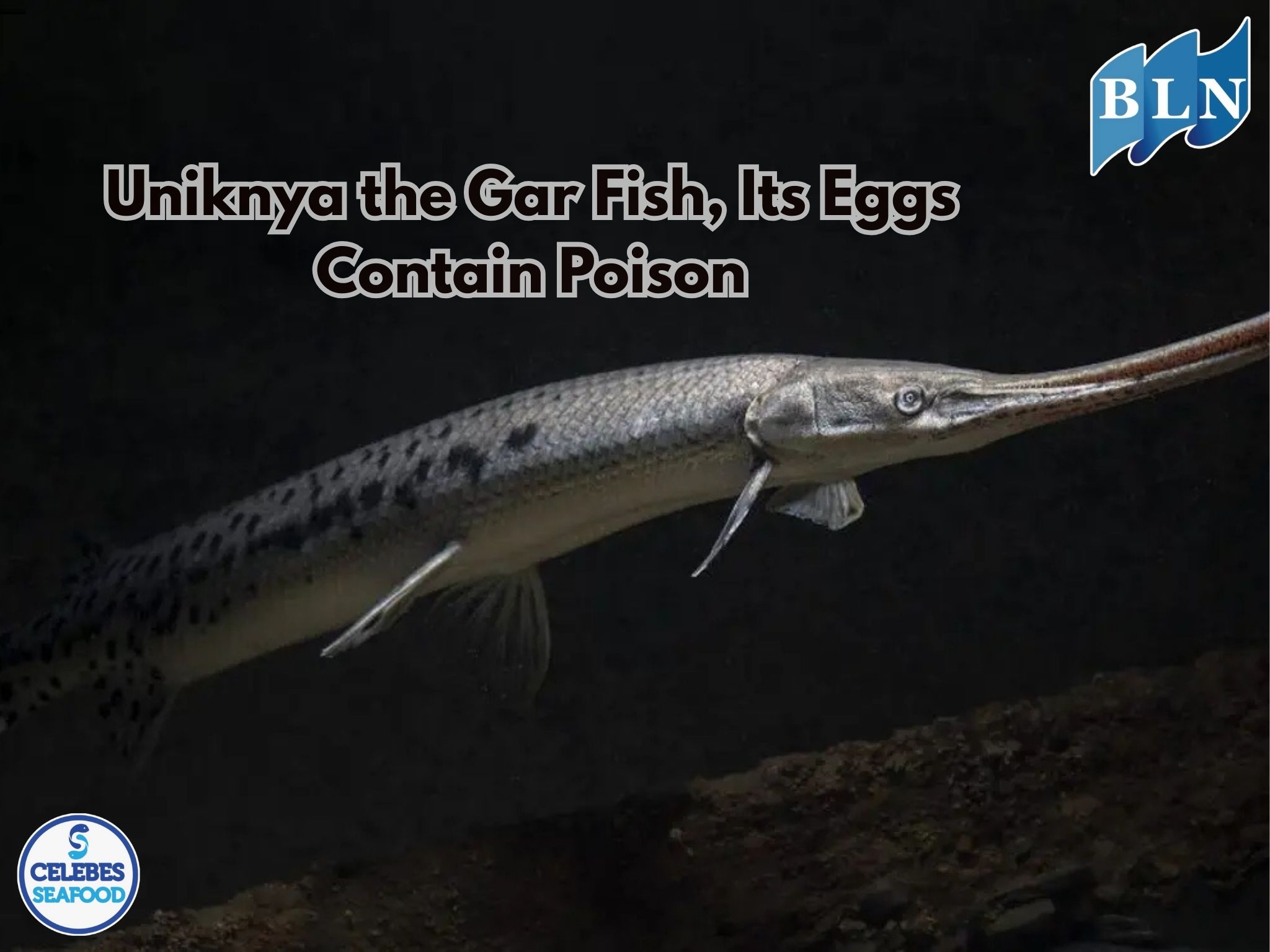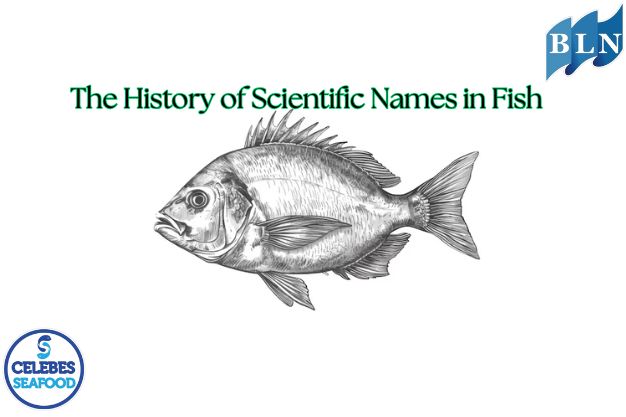The Ecological Role of Jellyfish in the Marine Food Chain
By. Azizah - 30 Aug 2025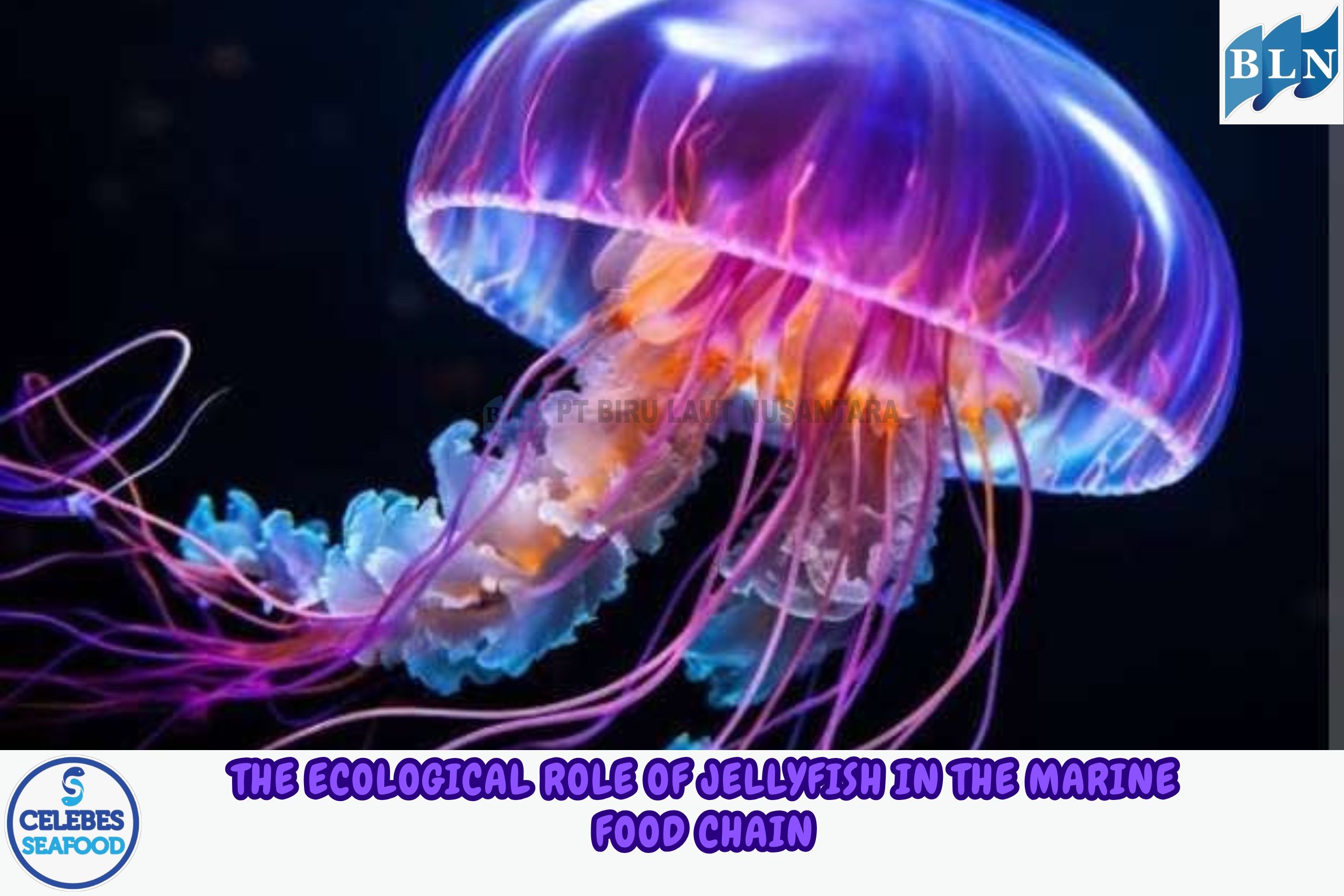
Lautnusantara.com Jellyfish are marine organisms that play a crucial role in aquatic ecosystems, although they are often perceived merely as dangerous stinging animals. As members of the phylum Cnidaria, jellyfish serve important roles in the marine food chain, both as predators and prey. This article discusses the ecological role of jellyfish in the food chain, the impact of jellyfish blooms on ecosystems, and their implications for maintaining marine environmental balance.
Introduction
The marine food chain is composed of various organisms, from plankton to apex predators such as whales and sharks. Jellyfish (Scyphozoa, Cubozoa, and Hydrozoa) occupy a strategic position due to their interactions across multiple trophic levels. Despite their bodies being composed mostly of water (95–98%), jellyfish have a significant influence on the flow of energy within marine ecosystems.
Jellyfish as Predators
Jellyfish are active predators of plankton, fish larvae, small crustaceans, and other microscopic organisms. Their tentacles are equipped with stinging cells (nematocysts) that immobilize prey and allow jellyfish to absorb nutrients. This predatory role helps regulate populations of plankton and small organisms, maintaining balance within the marine food chain.
Jellyfish as Prey
In addition to being predators, jellyfish are also an important food source for various marine species, including:
-
Sea turtles (especially leatherback turtles), which feed primarily on jellyfish.
-
Large pelagic fish such as tuna and mackerel.
-
Seabirds that hunt near the water surface.
-
Deep-sea organisms that utilize dead jellyfish as a source of energy.
Thus, jellyfish act as an energy bridge connecting microscopic organisms to higher-level predators.
Impact of Jellyfish Blooms
In recent decades, the phenomenon of jellyfish blooms has become increasingly common due to climate change, overfishing, and marine pollution. These blooms can cause:
-
Declines in fish populations, as jellyfish consume larvae and plankton.
-
Disruptions to fisheries and tourism (entanglement in nets, stings to swimmers).
-
Altered ecosystem dynamics due to jellyfish dominance over plankton.
Ecological Significance
Although often viewed as a threat, jellyfish remain critical to the marine ecological cycle:
-
Regulating plankton and fish larvae populations.
-
Providing energy for larger predators.
-
Contributing organic matter to the seafloor when their bodies die and decompose.
If you are interested in our Coral Trout Fillet Skin On, CORAL TROUT WGG WHOLE GILLED GUTTED please do not hesitate to contact us through email and/or whatsapp.

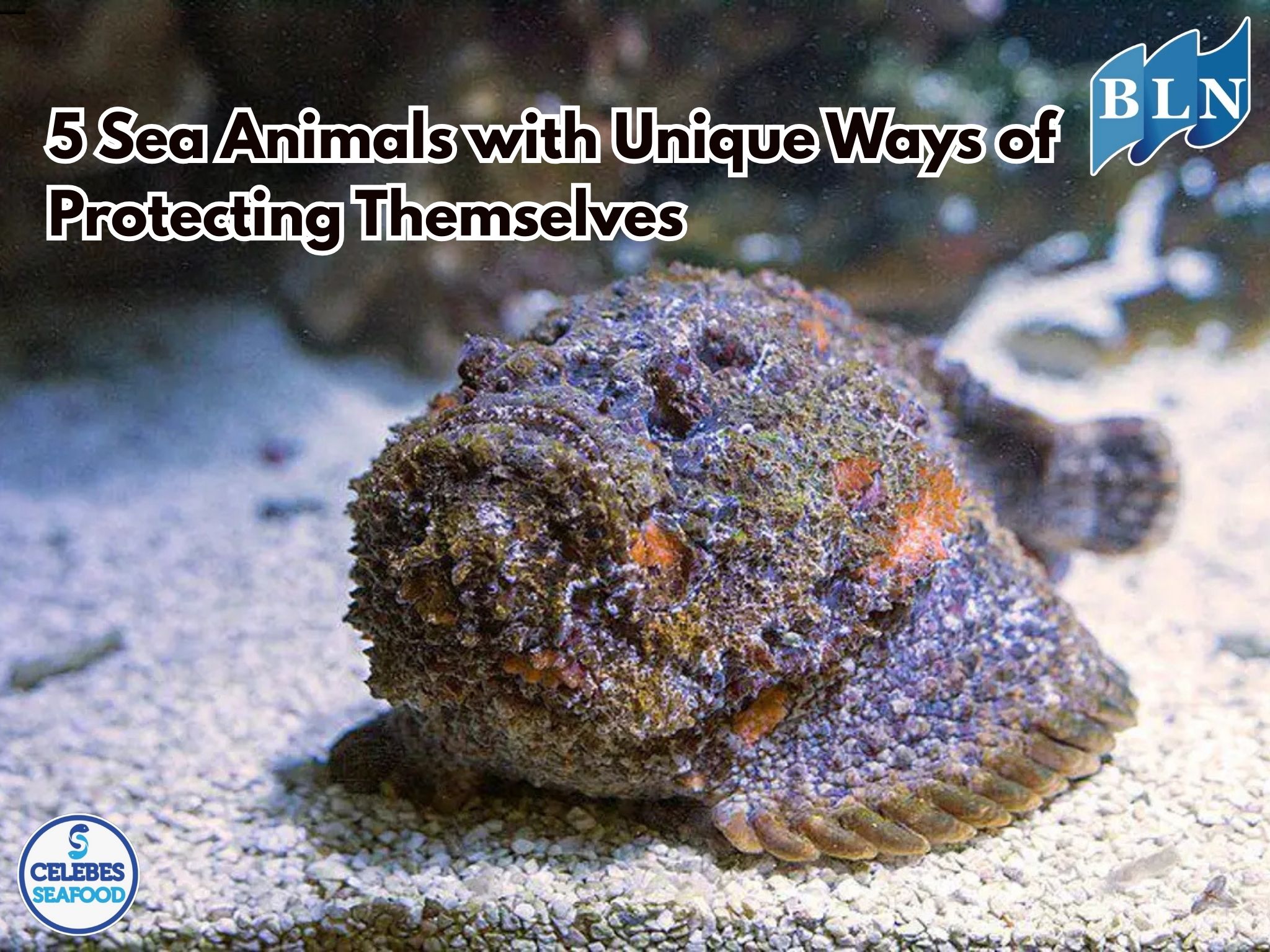

.jpg)

